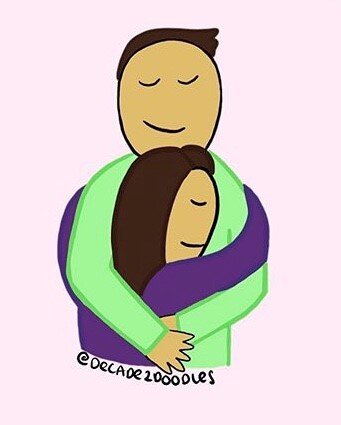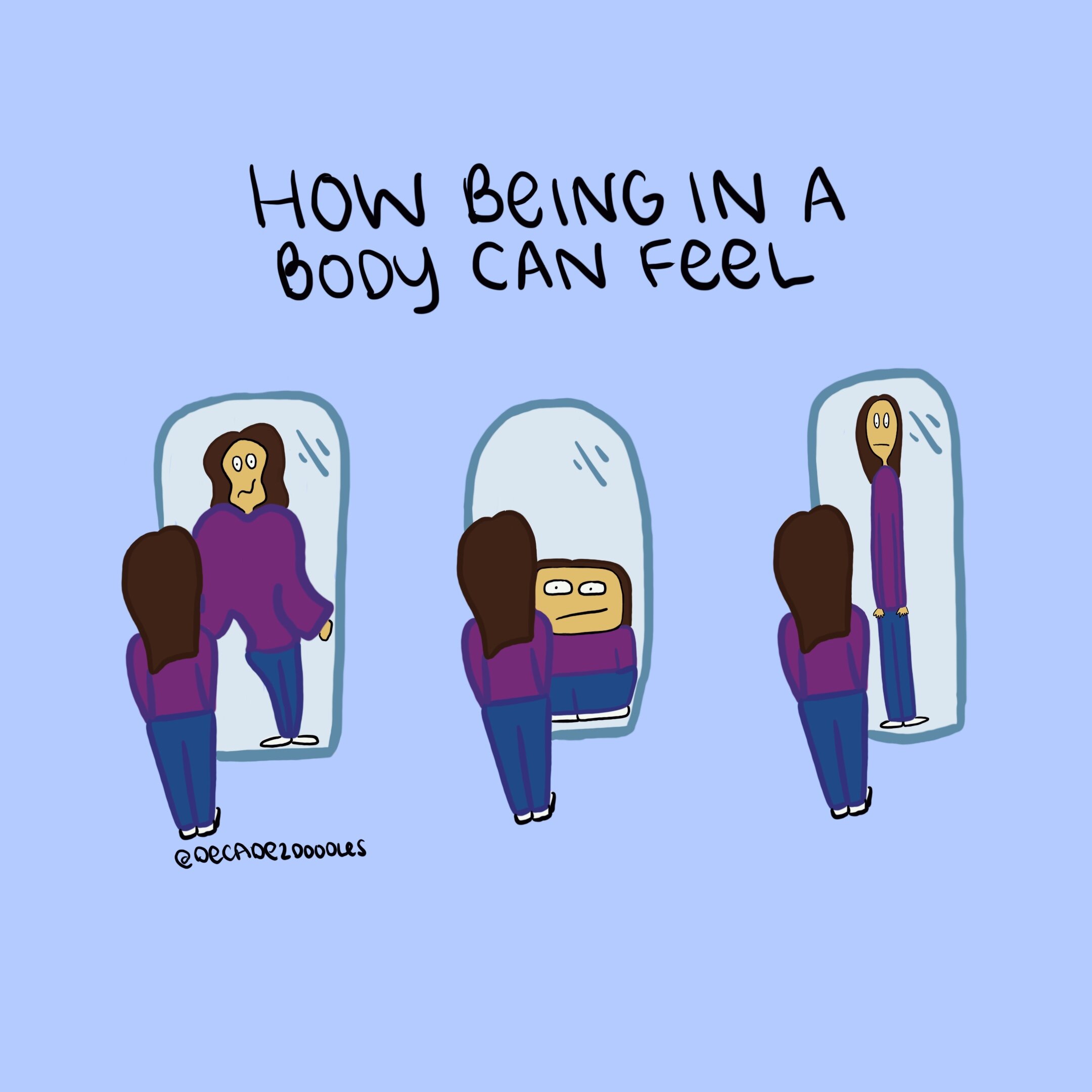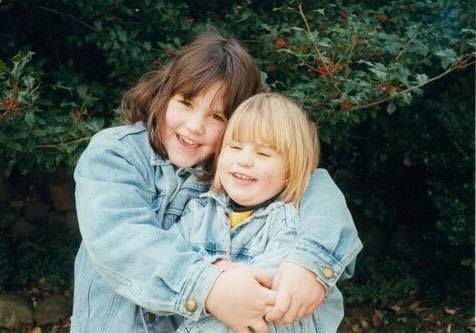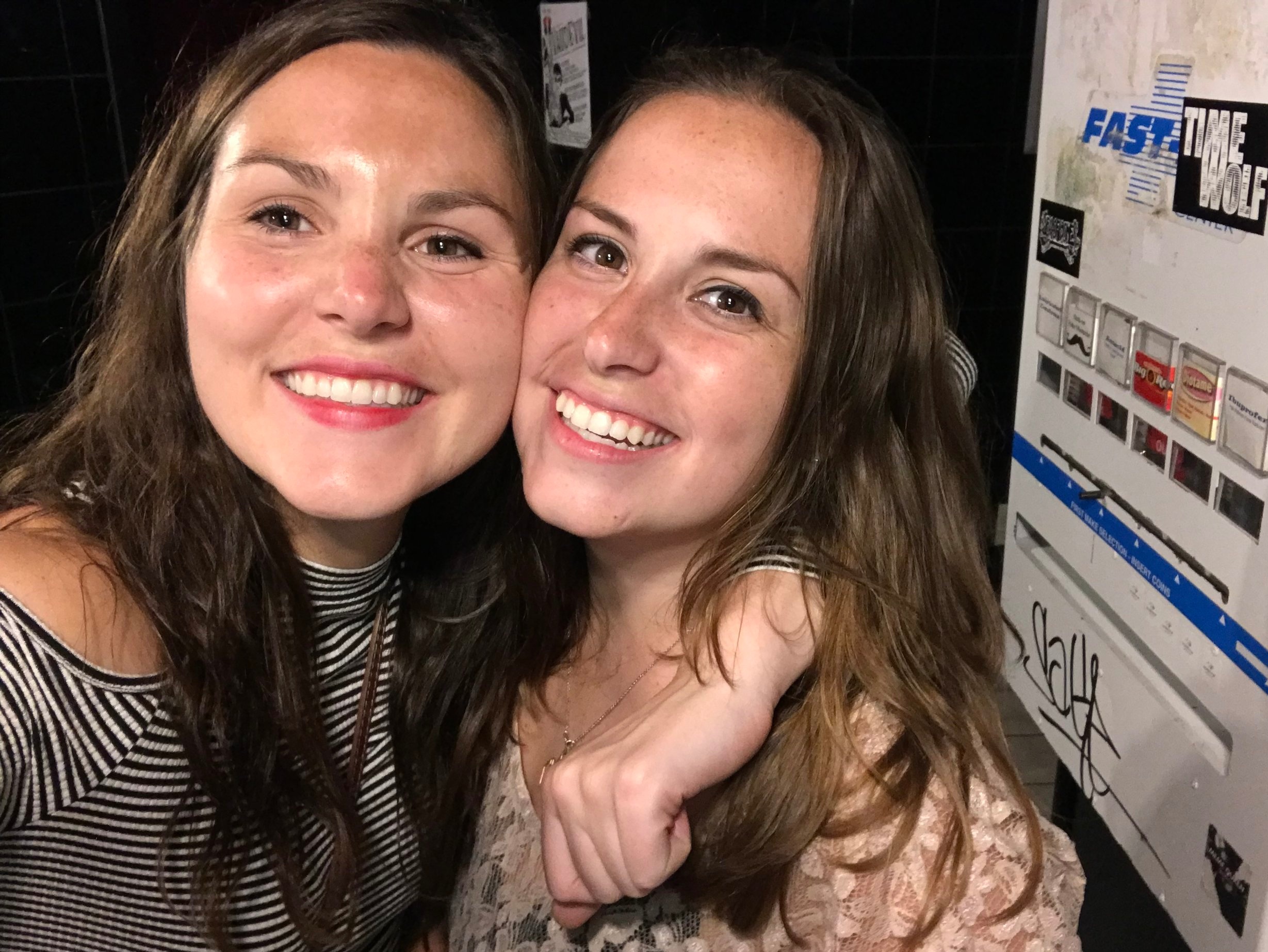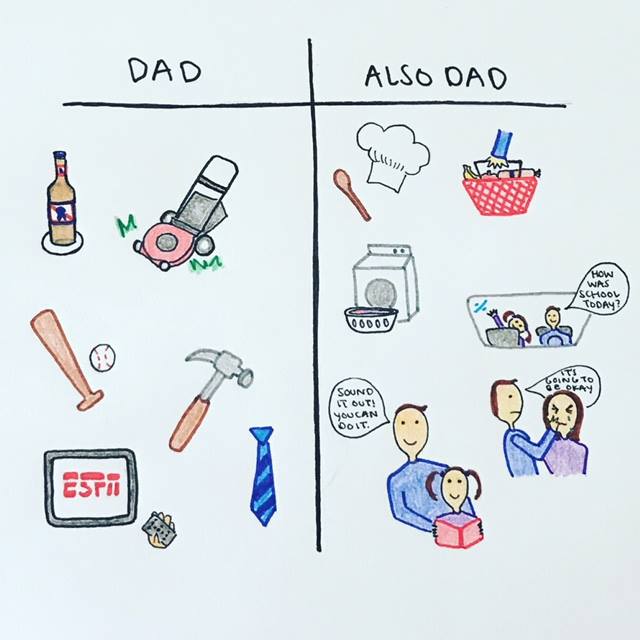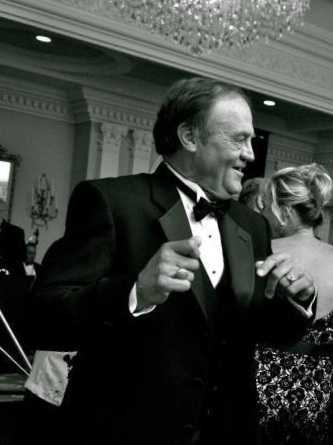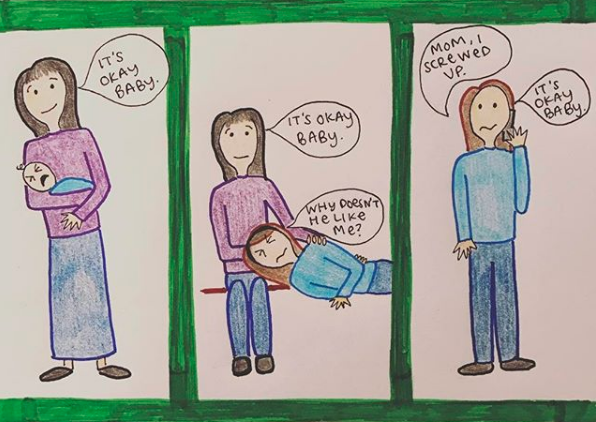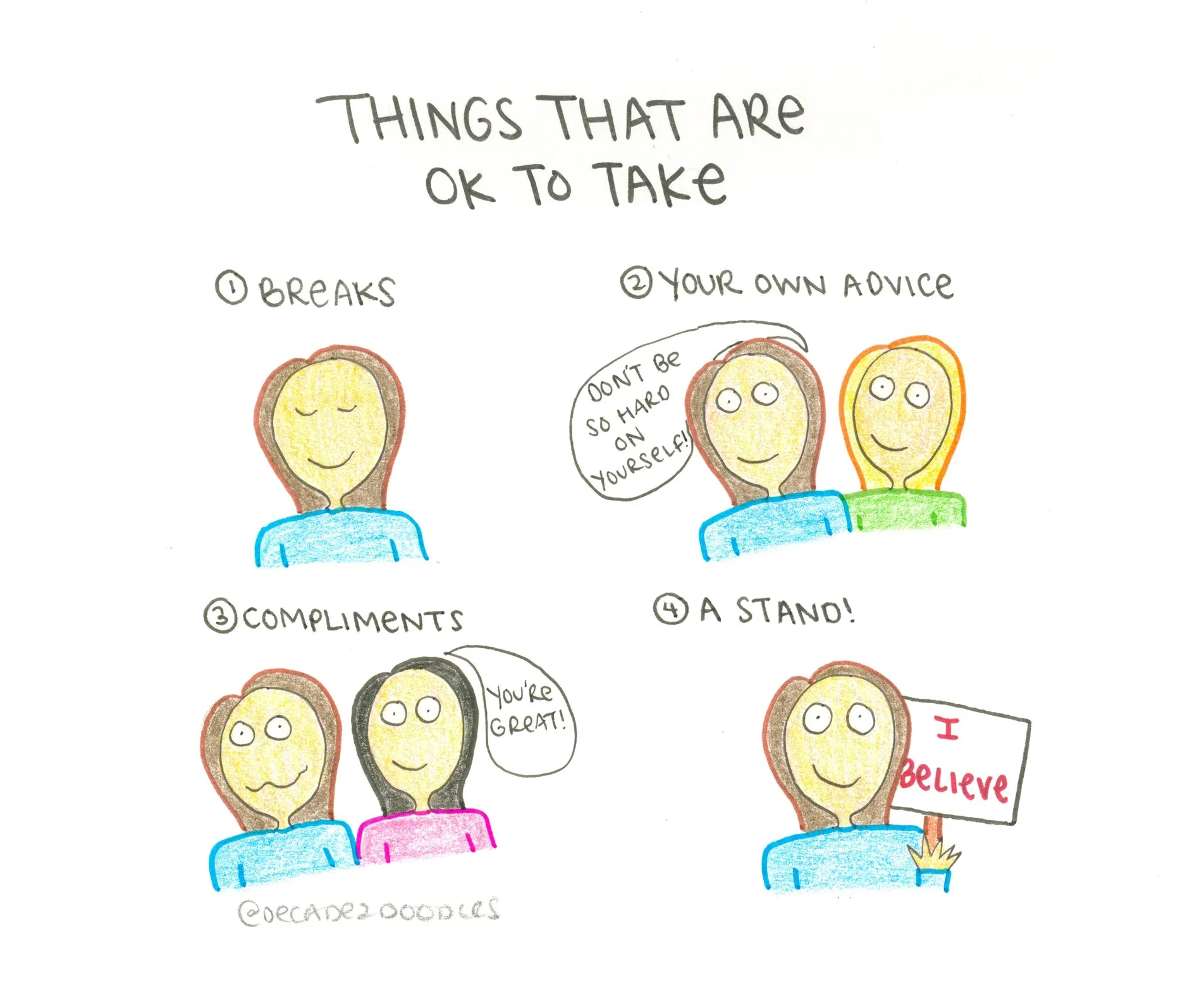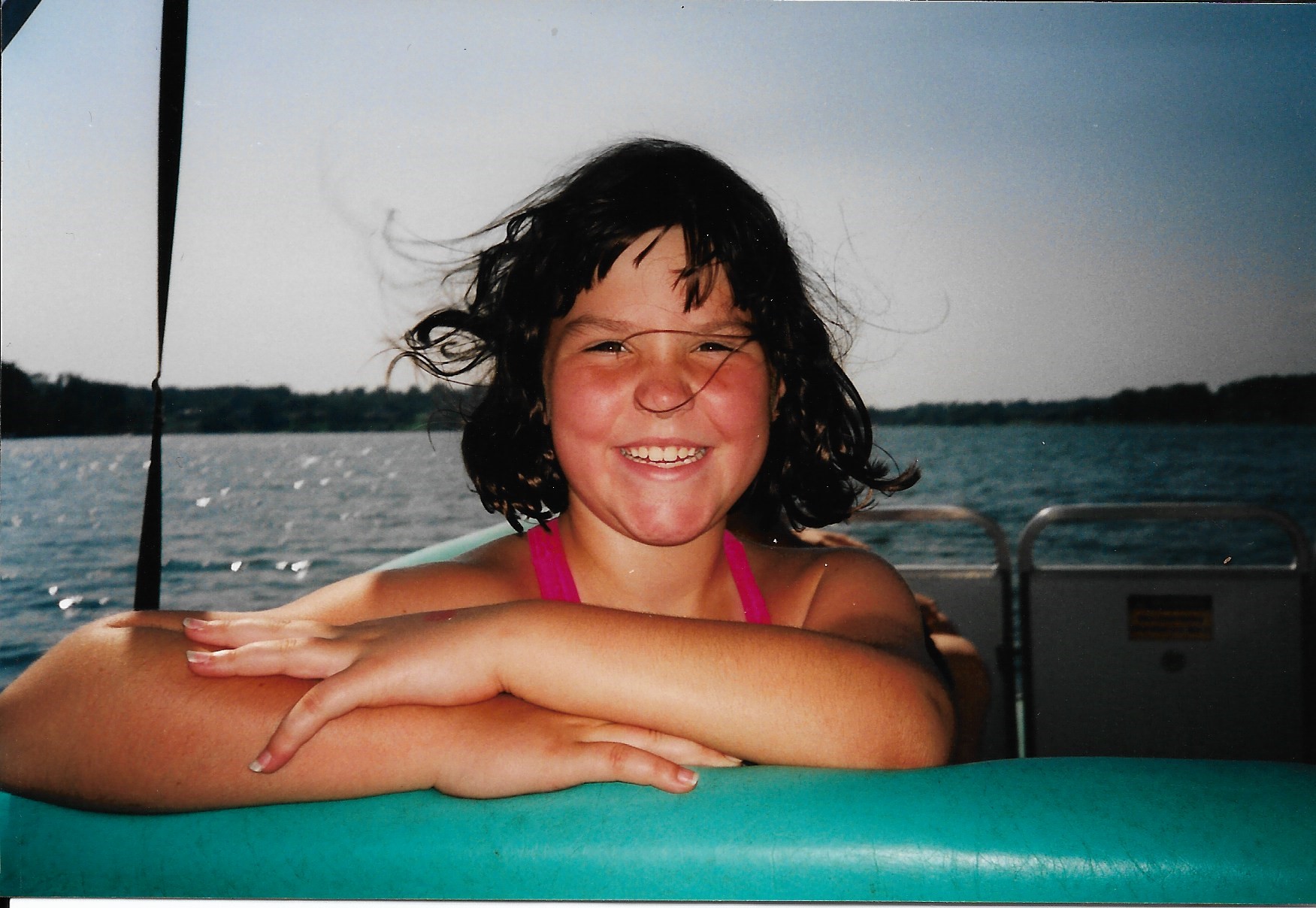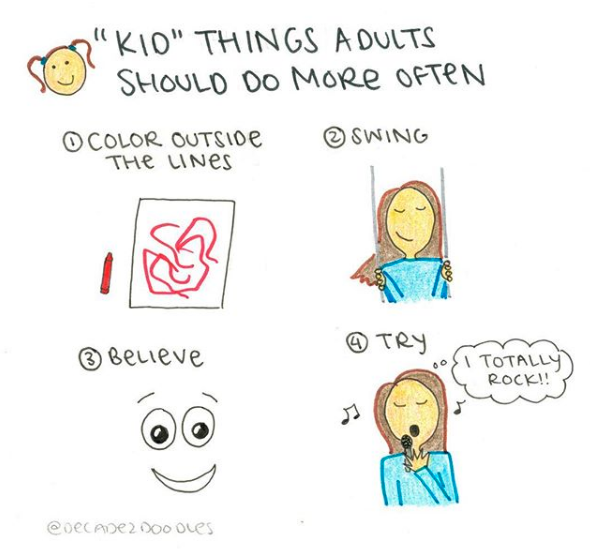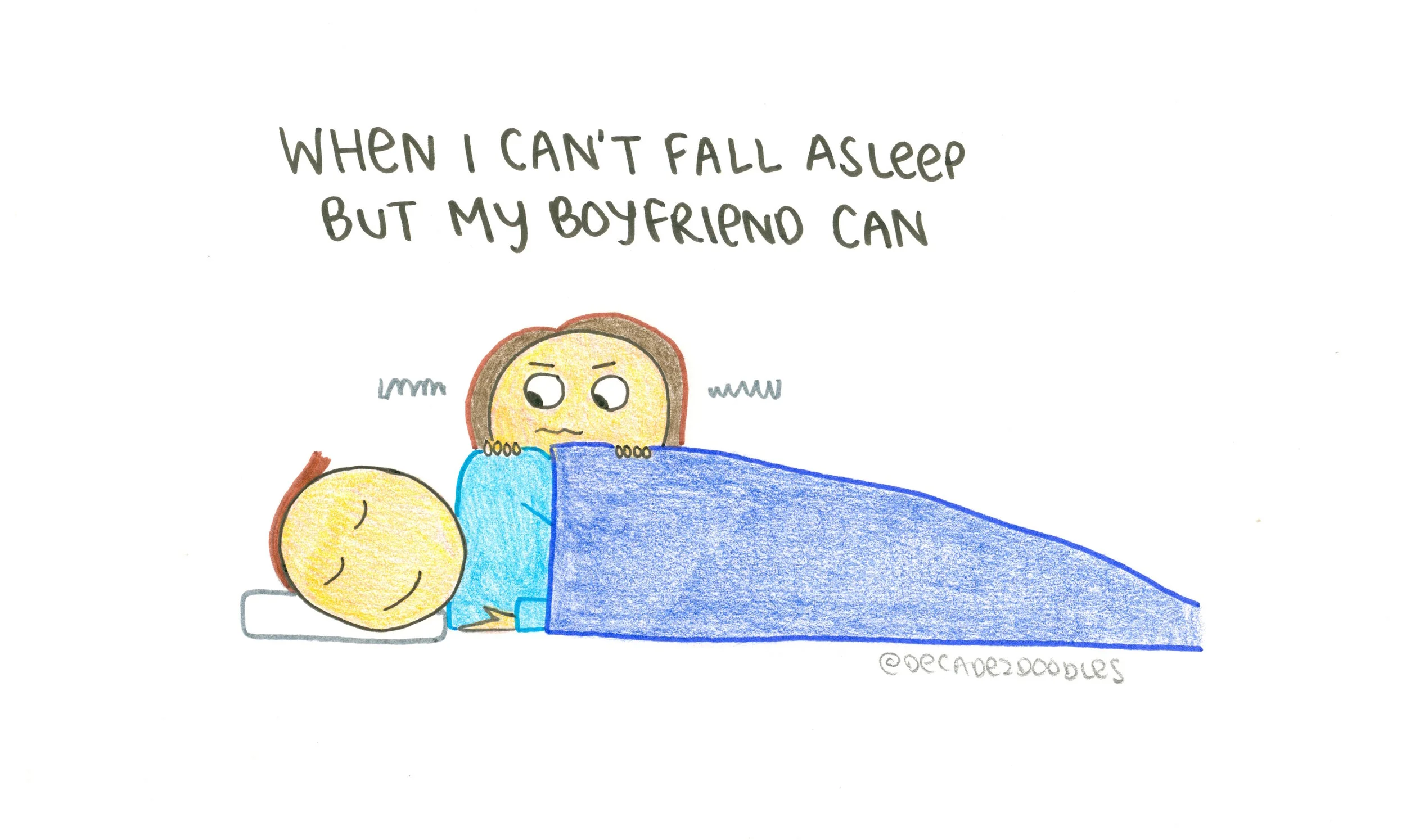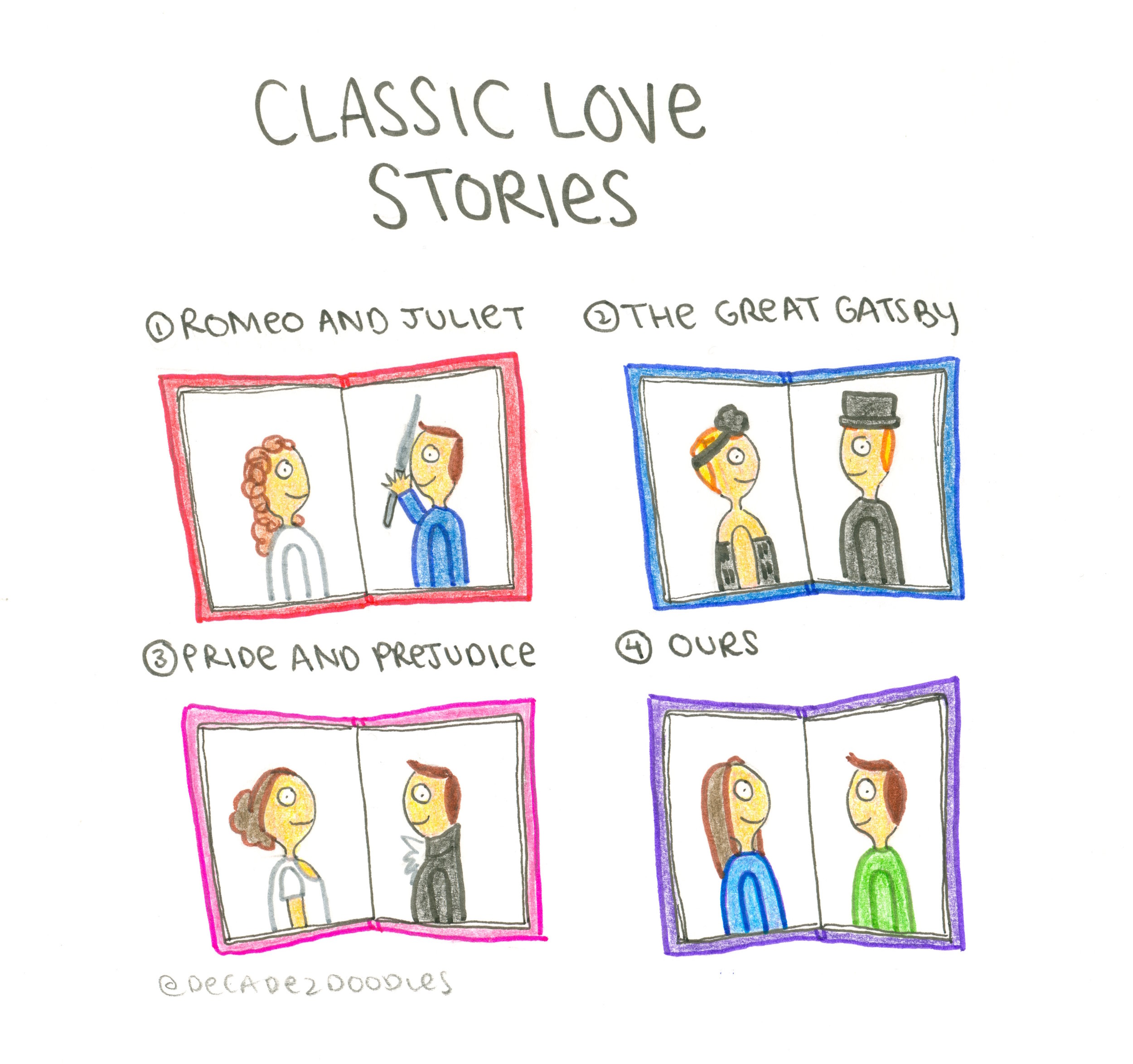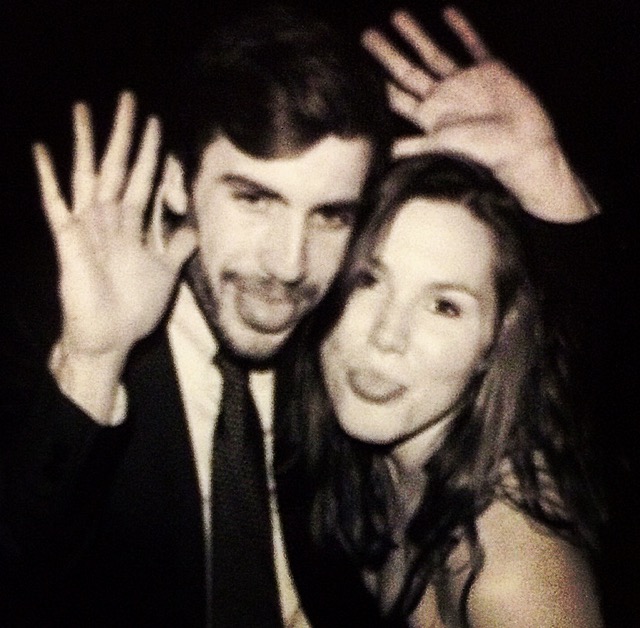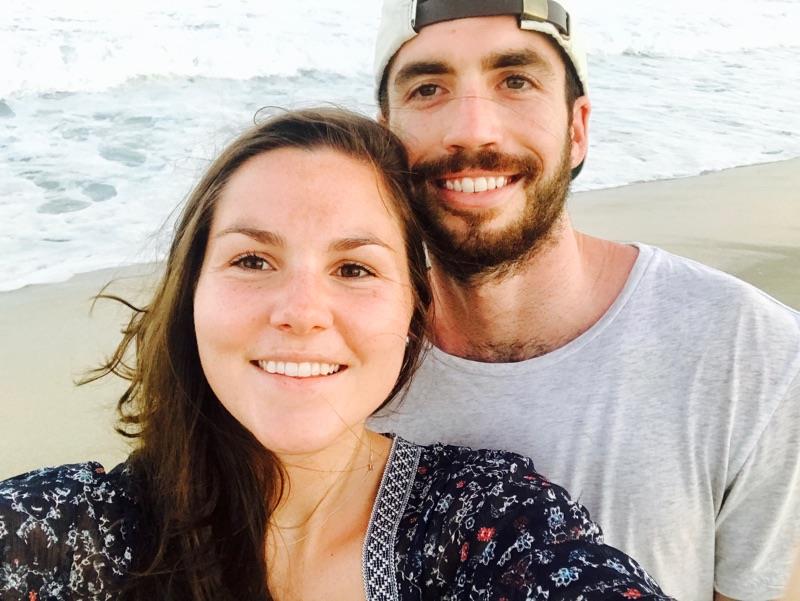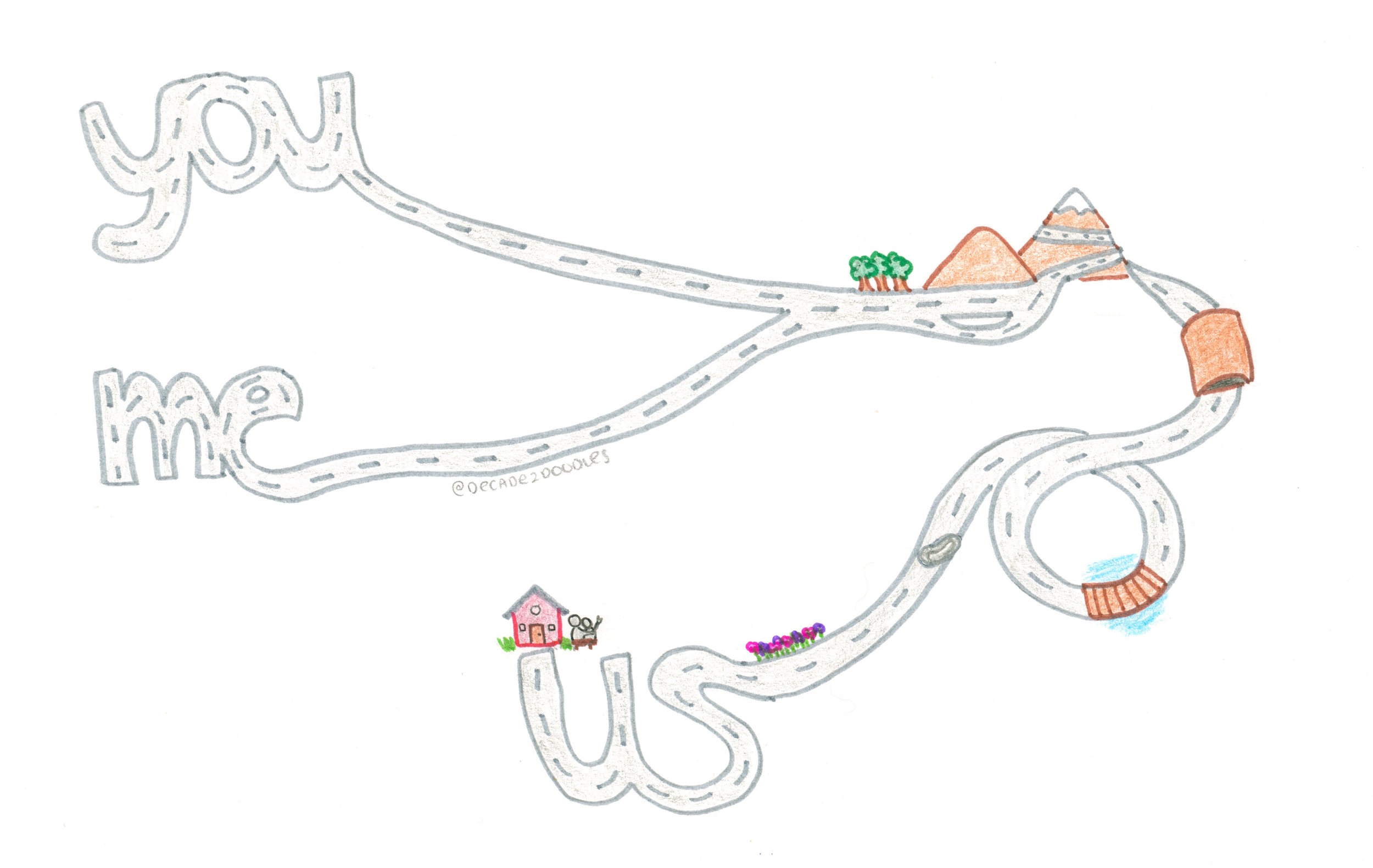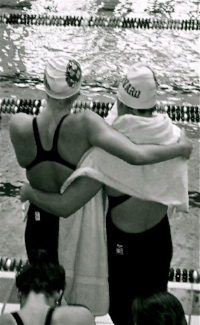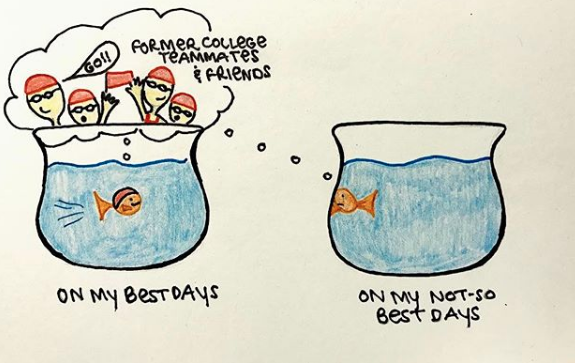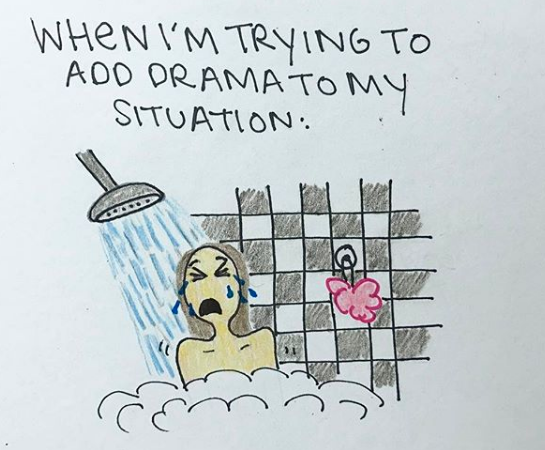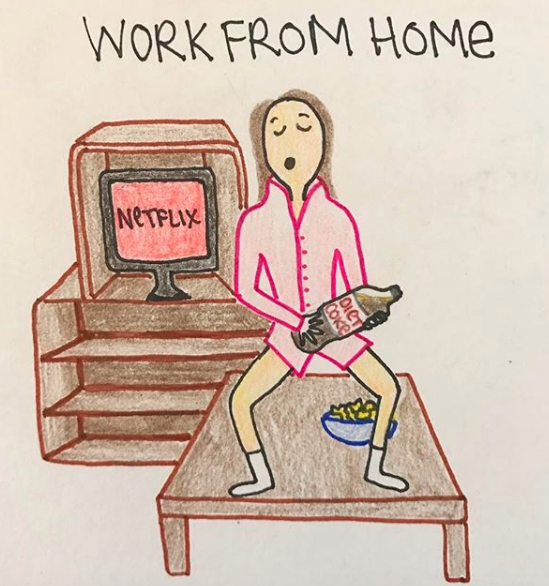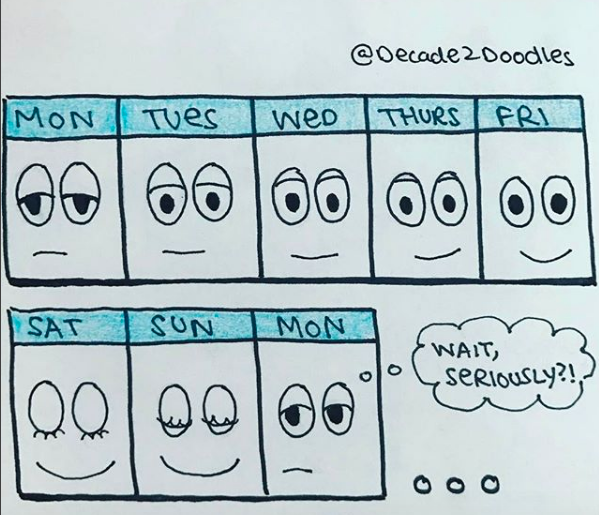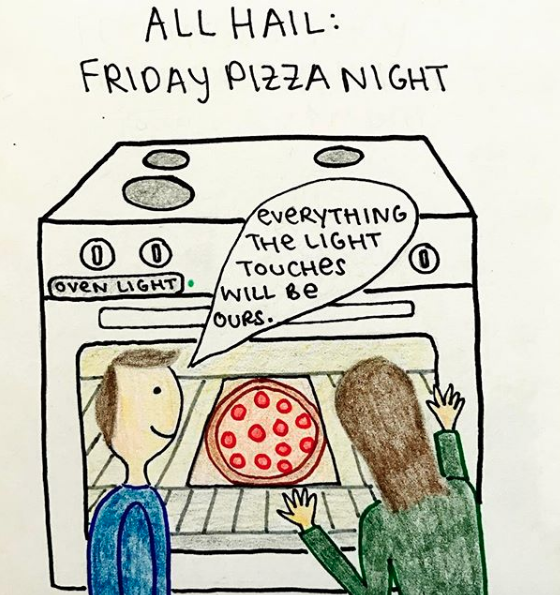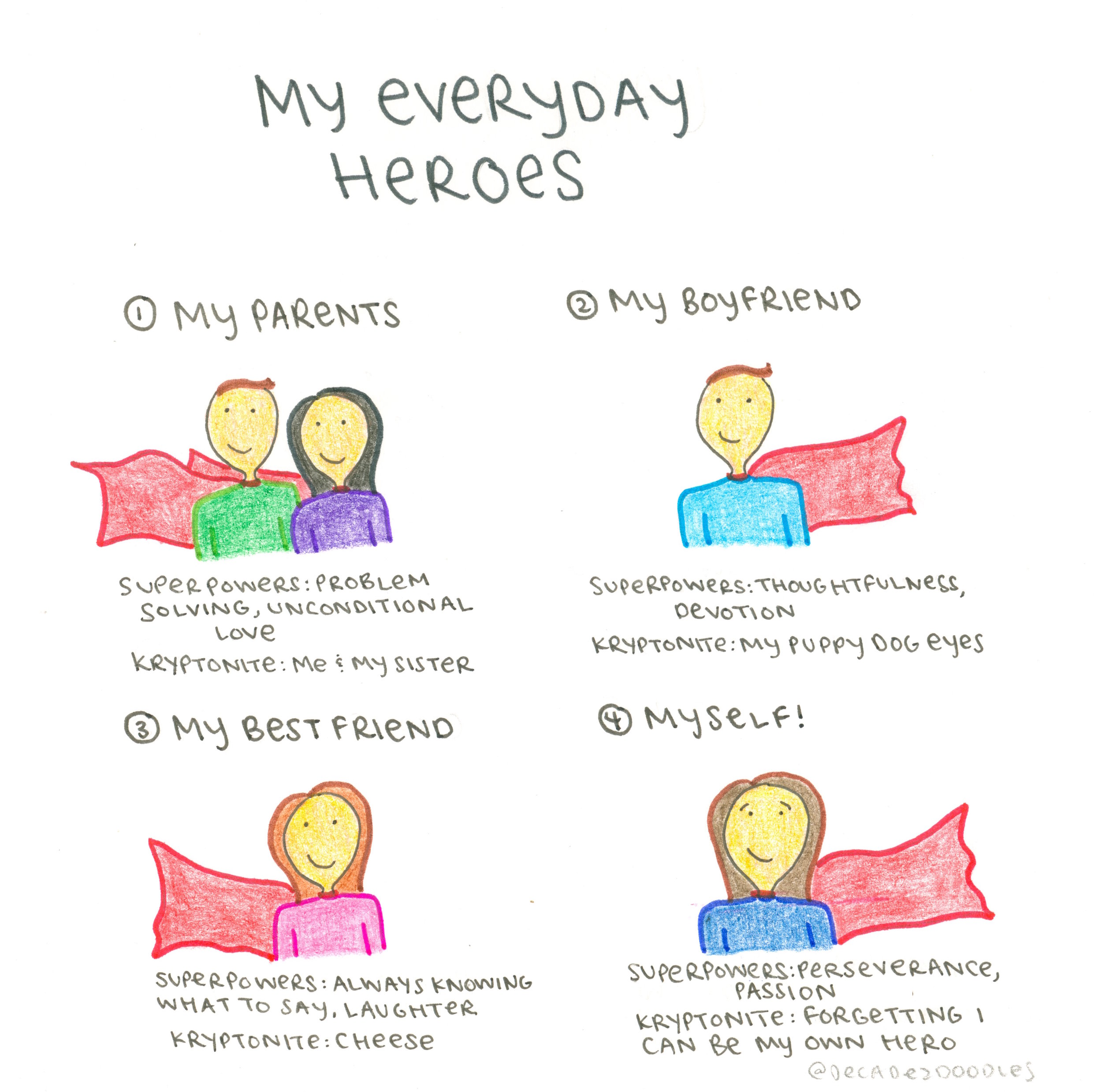The world suddenly went dark. Moments before, the little concentration she had on her homework had been quickly losing a battle to the way the late-afternoon light fell across the tables of Harvard’s window-exposed Lamont Library cafe. But now, it was dark.
Her heart fluttered in surprise as her hands floated up to the less familiar set of hands now resting on her cheekbones. She blinked despite the darkness, her eyelashes brushing against the palms of the mystery standing behind her. She wrapped her fingers around the unfamiliar wrist but then, she immediately knew: it was a boy named Danny Crigler.
His hands peeled back and his sheepish grin came into view as he appeared from over her shoulder. He smiled at her and then at the friend she was sitting across from, and the group exchanged friendly conversation before he went on his way. The study session continued on, but her homework had a new opponent for attention. She closed her notebook and smiled as she gazed out the window.
Danny and Steph were—at best—acquaintances.
Well, that is, acquaintances who were half-naked for most of their interactions. They were on the Harvard swim team together. Danny, a year older than Steph, started to notice her more when they were both placed in the same housing her sophomore year; his junior year.
They were running into each other—with clothes on—more often: in the dining hall, in the courtyard, in the libraries.
They were becoming more comfortable.
Comfortable enough for him to accidentally pelt a line-drive snowball into her face during what was supposed to be a playful group snowball fight; enough to steal and hide her huge futon as a flirtatious joke of which she did NOT find amusing. There was less disastrous flirtation, too: over-ambitious Sunday sundae devouring; concentrated crossword puzzle solving; curious texting over the holiday break to see what the other one was up to.
They eventually became comfortable enough for a first kiss, albeit a hilariously awkward, “did-I-make-a-wrong-move” kiss that was really quite the opposite of comfortable. It happened while they were hanging out on the (returned and never to be stolen again) futon as, until that moment, just friends.
But that was the last moment they were just friends.
From there, they shared date nights at Burdick’s, post-practice naps, last swim meet races, and college graduation. They shared nervous first days of work, first meals cooked in a first shared apartment, and first fears about being adults.
The day Lamont went dark is the day new light came in. Danny lifted his hands off of Steph’s face and left the library. Steph looked back at the light flooding in from the ceiling-high windows, and couldn’t help but notice it looked different than it had just moments before. It was sweet, it was soft, it was playful. It was a world with them in it.






